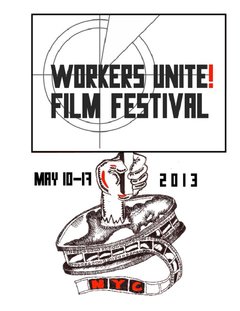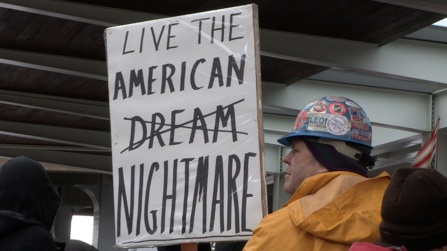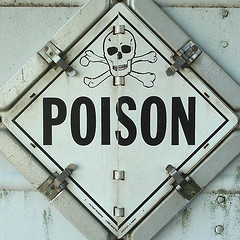U.S. Chemical Safety Board Faulted For Sluggish Investigations

Last Wednesday, a fertilizer plant in Texas exploded, killing at least 14 people and leaving as many as 60 people missing. No one knows why the plant blew up. All eyes are on the U.S. Chemical Safety Board for answers, but answers may be a long time in coming. The CSB, a watchdog agency modelled on the Transportation Safety Board, is supposed to investigate chemical accidents and offer recommendations on how to prevent similar mishaps. However, according to the Center for Public Integrity, the board is still slogging through the investigations of much smaller disasters that happened years ago:
The number of board accident reports, case studies and safety bulletins has fallen precipitously since 2006, an analysis by the Center for Public Integrity found. Thirteen board investigations — one more than five years old — are incomplete.
As members of Congress raise questions, the Environmental Protection Agency’s inspector general is auditing the board’s investigative process.
The CSB pledged to send “a large investigative team” immediately after the Texas fertilizer explosion. While their prompt response is comendable, the board is notorious for pulling investigators off one probe and sending them to another before they’ve had a chance to finish their original inquiry. Prompt action on the disaster du jour may be pushing other investigations further behind.
The CSB has been underfunded and understaffed since its launch in 1988.
[Photo credit: Dead Air, Creative Commons.]







